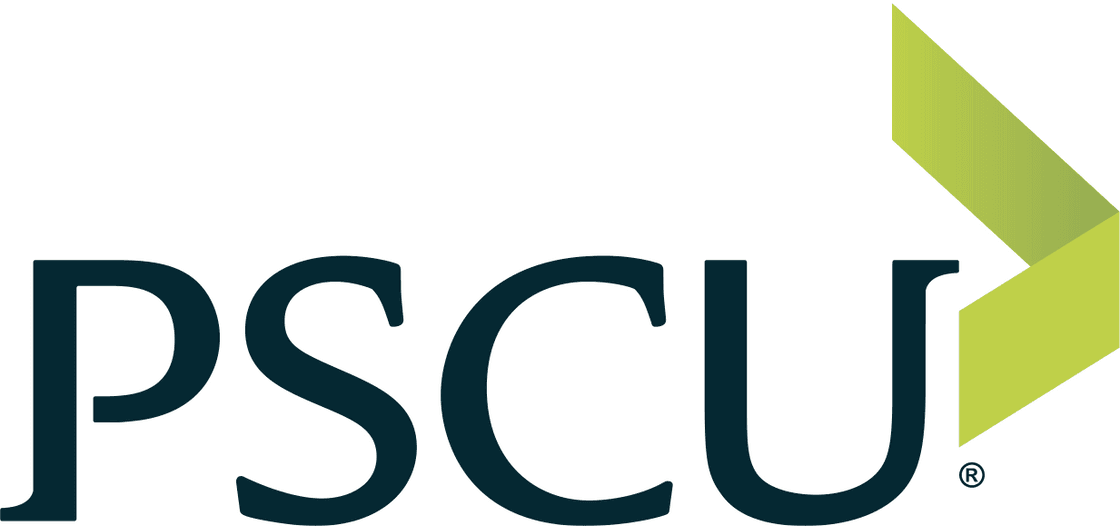Executive Summary
Income volatility has been rising over the past four decades, and now nearly half of American households will experience volatility in a two year period. Fluctuating income makes it especially difficult to access health care and manage the emotional and financial stress of trying to stay healthy or manage chronic conditions. As organizations that support member well-being, credit unions have an important role to play in reducing the negative impacts of income volatility on members’ physical and financial health. Our research suggests the following:
- Many people delay health care or struggle to manage chronic conditions because of the cost of treatment. Having a stable job and employer-sponsored health insurance does not guarantee that people will be able to pay for all their health care needs.
- Secondary sources of income are a key driver of income volatility. In many cases, these second jobs or side hustles are necessary to make ends meet.
- Credit unions should build well-being into the credit union value proposition by offering health-specific products and services and advocating for livable wages and better health care policies.
Why It Matters—A Credit Union Perspective
It’s going to take “out of the box” thinking to move the needle on financial well-being for all. For a long time, there has been a strong correlation between physical, mental, and financial well-being, and this research cannot come at a better time. Living through a global health and economic crisis has left an indelible mark, and one that emphasizes the learnings from this research. Credit unions cannot assume that health insurance offers security. Emergency funds run out quickly when there’s an actual emergency, even for those who are insured.
It’s going to take 'out of the box' thinking for us to move the needle on financial well-being for all.
BCU
There are big questions credit unions should be asking themselves. Are we doing enough to support gig workers? How can we update our products to better serve this growing demographic? Credit unions should start by ensuring we are all paying a living wage. We should also be at the forefront of supporting members in establishing and sustaining emergency funds, starting with our own employees.
To put this research into practice, download the report now.
Filene's Center for Consumer Financial Lives in Transition is generously funded by:
















